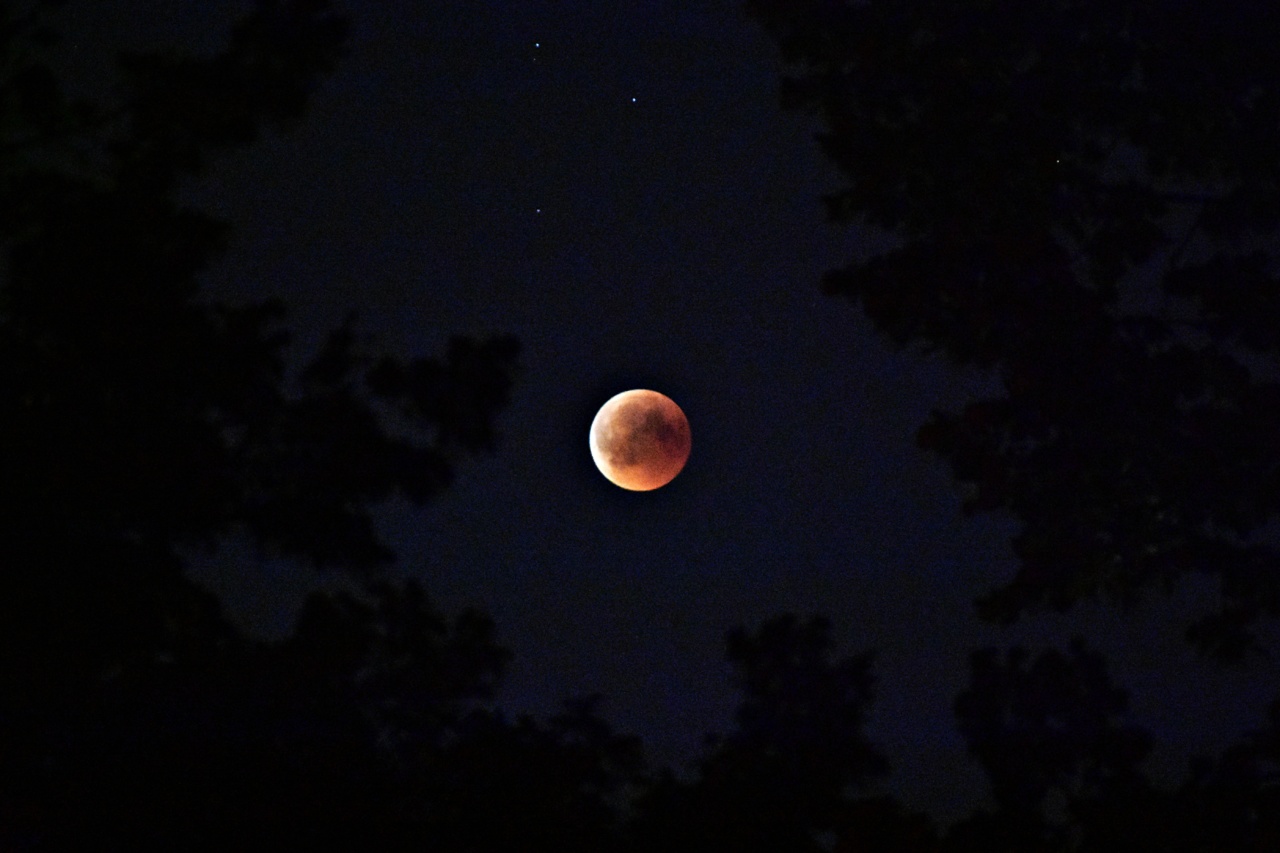The full moon has long been associated with various beliefs and myths. It has been linked to werewolves, fertility, and even madness. But one area where its influence is often debated is its impact on our sleep.
Does the full moon affect the quality and duration of our rest? In this article, we will explore the evidence behind the full moon’s impact on our sleep.
The Lunar Cycle and Sleep
The moon goes through a complete cycle every 29.5 days, transitioning from new moon to full moon and back again.
This lunar cycle has been thought to synchronize with various biological and physiological processes in both animals and humans, including sleep.
Some studies suggest that our sleep patterns may be influenced by the moon’s phases.
One study conducted in Switzerland found that participants took an average of five minutes longer to fall asleep and slept for 20 minutes less during the full moon phase compared to other lunar phases. Another study conducted in Germany observed an increase in sleep disruption and reduced sleep quality during the full moon period.
The Circalunar Rhythm
Our internal body clock, also known as the circadian rhythm, regulates our sleep-wake cycle. However, there is evidence to suggest that humans may also have a circalunar rhythm, which synchronizes with the moon’s phases.
A study carried out by researchers from the University of Basel found that participants’ sleep structure changed significantly during the full moon period.
They experienced lower levels of deep sleep and less overall sleep, leading to increased fatigue and reduced well-being during this lunar phase.
Moonlight and Melatonin
Another theory behind the full moon’s impact on sleep is the effect of moonlight on melatonin production. Melatonin is a hormone that helps regulate our sleep-wake cycle.
It is typically produced in response to darkness and starts to rise a few hours before our regular bedtime to promote sleep.
During the full moon, the night sky is brighter due to the reflection of sunlight off the moon’s surface.
This increased moonlight exposure may potentially suppress melatonin production, making it more challenging to fall asleep and stay asleep throughout the night.
The Power of Belief
While scientific studies provide evidence for the full moon’s impact on sleep, it is also essential to consider the power of belief and the placebo effect.
Many individuals have grown up hearing stories or legends associating the full moon with sleep disturbances or feelings of restlessness.
Research has shown that our expectations can influence our experiences, including sleep quality.
If we firmly believe that the full moon affects our sleep negatively, we may be more likely to perceive disturbances or have difficulty sleeping during this lunar phase.
Confounding Variables and Criticisms
Although various studies highlight the full moon’s influence on sleep, it is essential to acknowledge potential confounding variables and criticisms.
Some argue that the studies conducted on this topic are limited by small sample sizes and lack of control groups.
Others suggest that external factors, such as increased brightness outside during the full moon, may influence our sleep quality more so than the lunar phase itself.
Additionally, personal factors, such as stress levels, bedtime routines, and individual differences in sensitivity to environmental factors, can also impact our sleep quality.
These variables make it challenging to definitively conclude that the full moon is solely responsible for any changes we observe in our sleep patterns.
Conclusion
The full moon’s impact on our sleep continues to be a subject of debate and exploration.
While some studies suggest a correlation between the lunar phase and sleep disruptions, additional research is needed to understand the underlying mechanisms fully.
Whether it is the influence of the moon’s light, a circalunar rhythm, or the power of belief, there appears to be some evidence supporting the idea that the full moon can affect our sleep.
However, the effects may vary from person to person, and individual factors play a significant role.
As science continues to delve deeper into the mysteries of sleep and the moon’s influence, it is crucial to approach the topic with an open mind and critical thinking.
Exploring the full moon’s impact on our sleep allows us to gain a better understanding of the complex interplay between nature, our biological rhythms, and our subjective experiences of rest.





























